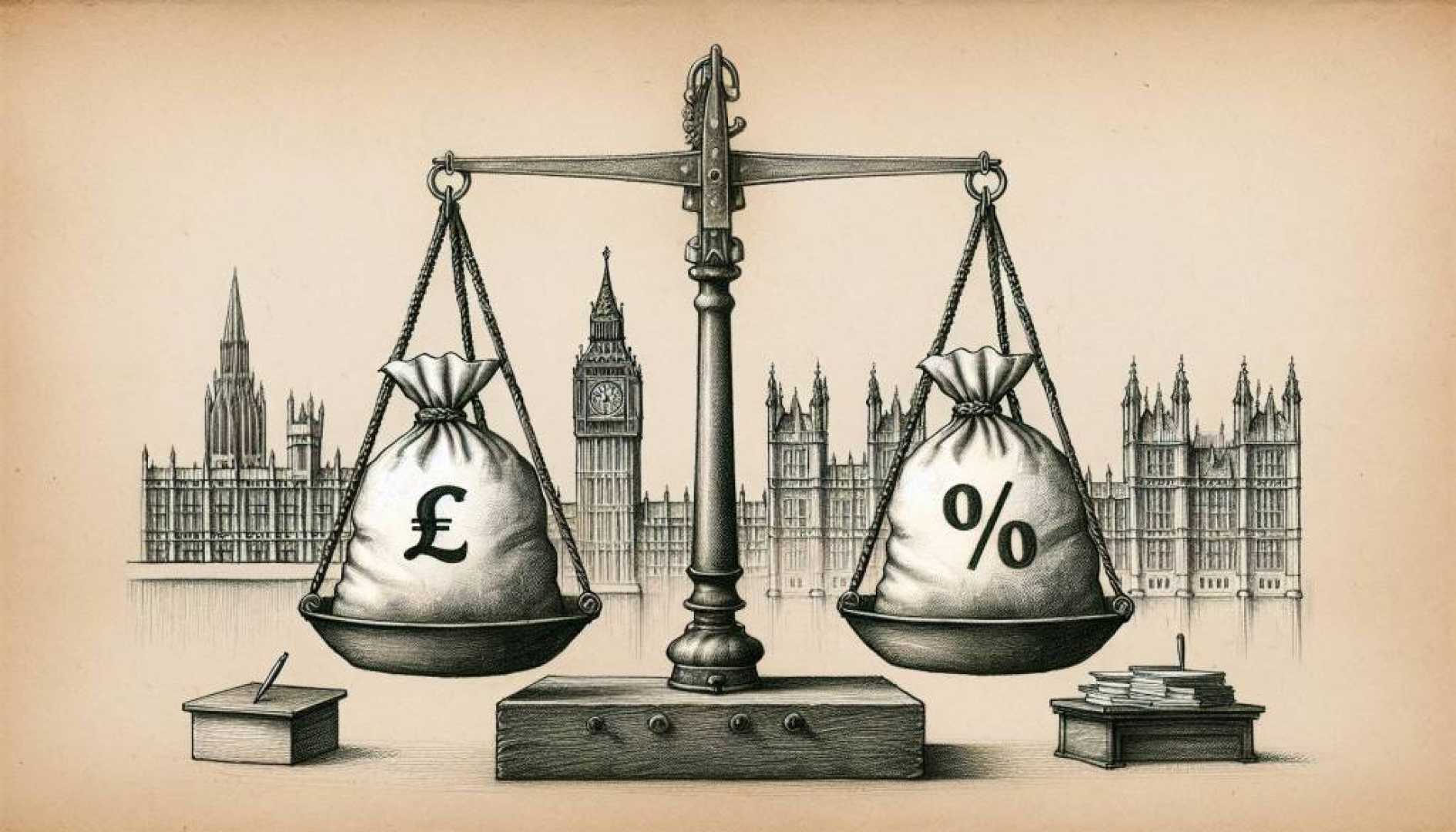News
UK Inflation Dip Sparks Interest Rate Cut Speculation

The United Kingdom experienced an unexpected and significant decrease in inflation last month, according to recently released economic data. The inflation rate fell to 1.7% in September, below the Bank of England’s target of 2% for the first time in over two and a half years. This decline is primarily attributed to a drop in fuel prices and comes amid news that wage inflation is also slowing.
Economic analysts have noted that this reduction in inflation is a sign of favorable economic conditions. The Office for National Statistics (ONS) reported a significant 10.4% reduction in motor fuel and lubricant prices compared to September of the previous year. Additionally, air travel costs contributed to the inflation decrease due to lower airfares in the post-summer period. However, food and non-alcoholic drink inflation increased, with rises in prices for milk, cheese, eggs, and fruit.
The Bank of England is now likely to consider this decrease as a factor in their upcoming interest rate discussions. Markets have reacted by placing a 92% probability on a 0.25 percentage point cut in the bank’s interest rate during its next meeting in early November. The chance of an additional rate cut in December is estimated at 79%.
Core inflation, which excludes volatile items such as food, energy, and fuel, also witnessed a decrease, recorded at 3.2% in September, down from 3.6% in August. This decline suggests the inflationary effects spurred by geopolitical events, like the conflict in Ukraine, might be diminishing.
Good Morning Britain highlighted the news with Charlotte Hawkins, who emphasized the notable 1.7% inflation rate but clarified that it doesn’t imply a reduction in prices, only a slower rate of increase. Jonathan Swain, reporting live from Penge, described it as “good news” but cautioned that it doesn’t necessarily lead to lower mortgage rates.
Pensioners and those on benefits are set to be affected by this inflation figure, as September’s Consumer Price Index (CPI) plays a role in determining pension and benefit increases for the coming year. Pensions will see an increase linked to the higher wage growth figure of 4.1%, while benefits such as Universal Credit are set for a 1.7% increase.
Darren Jones, Chief Secretary to the Treasury, praised the slowdown in price rises, stating it would be “welcome news for millions of families,” but he also acknowledged the ongoing challenges in protecting working people. Personal finance expert Amy Knight noted the potential impact of a possible interest rate cut on mortgage repayments, suggesting it could alleviate financial pressure on many UK households.












